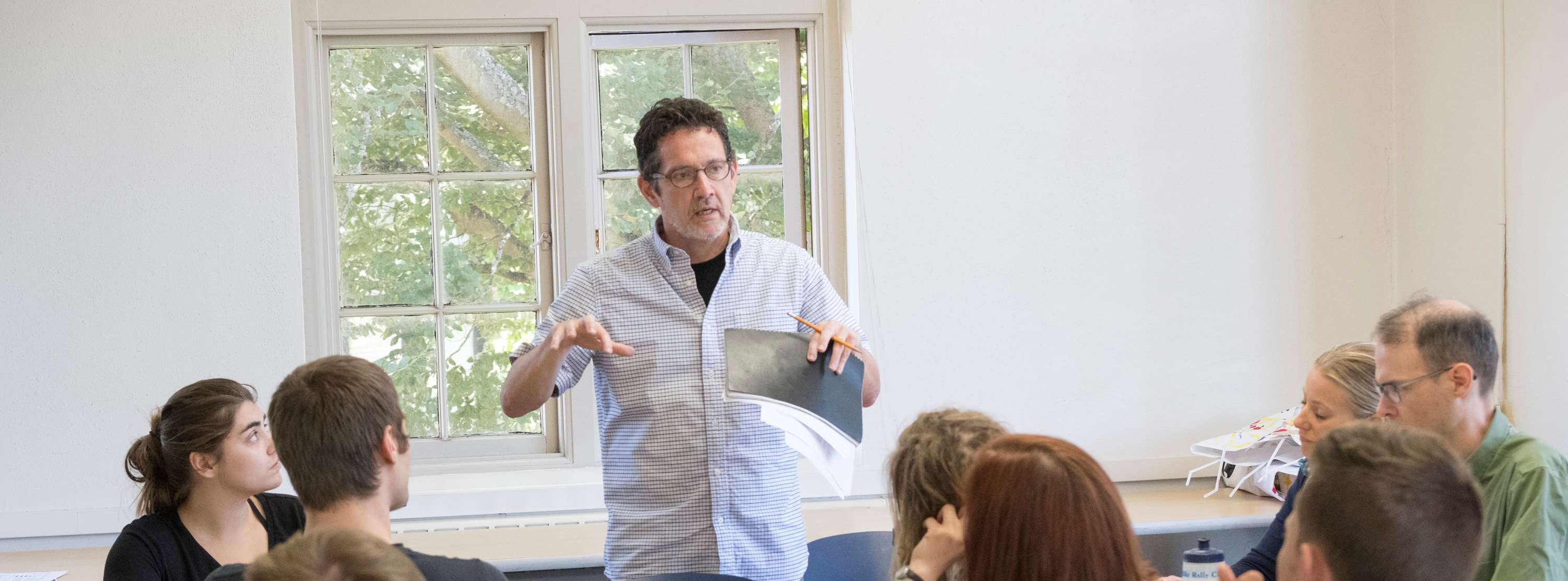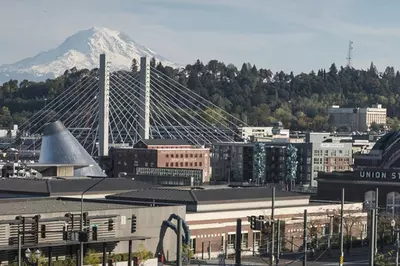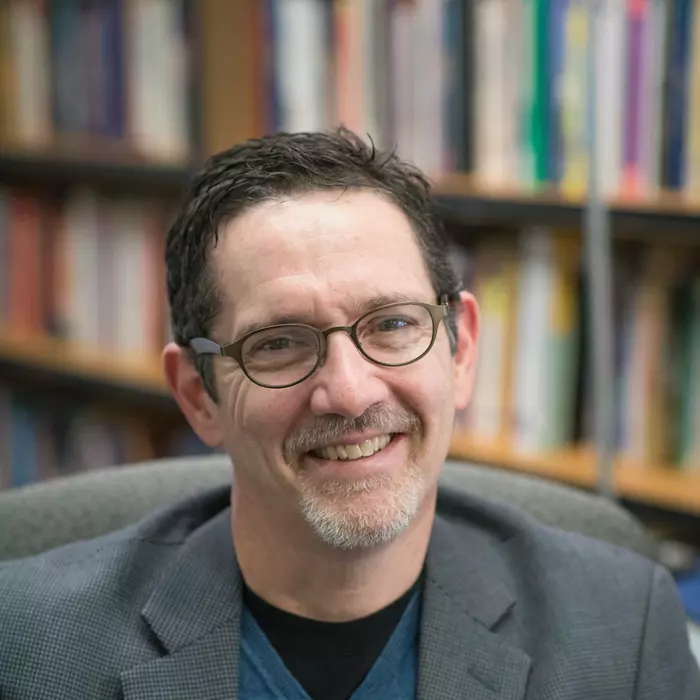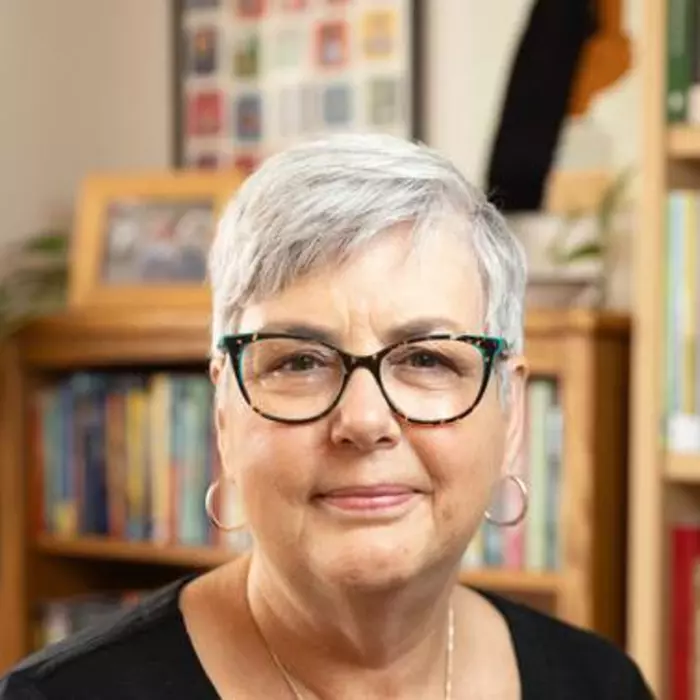Program Description
Education Studies students participate in local education settings. In 200-level education classes, students use a social justice lens to explore topics such as economic inequality, literacy, and gender, connecting these topics to their work in local educational settings. During the capstone experience, students work extensively in a local classroom helping teachers ask questions and gather data to improve their teaching. Students learn to appreciate the complexities of classroom practice and experience a model for making positive change.
Who You Could Be
- Teacher
- Counselor
- Social worker
- Community activist
- Educational policy analyst
What You'll Learn
- To question personal biases and social location, as well as the inequities that shape individuals, interpersonal interactions, and institutions to acknowledge the full humanity of students, families, educational personnel, and other stakeholders
- To use theory and experience to critically consider how educational policy and classroom practices materially impact the learning opportunities available to P-12 students

"Working with kids has always been my passion. I appreciated getting to do that, along with furthering my knowledge about what education means, in particular how to challenge the traditional mold of education and what it looks like to work with students to make learning a collaborative experience."



